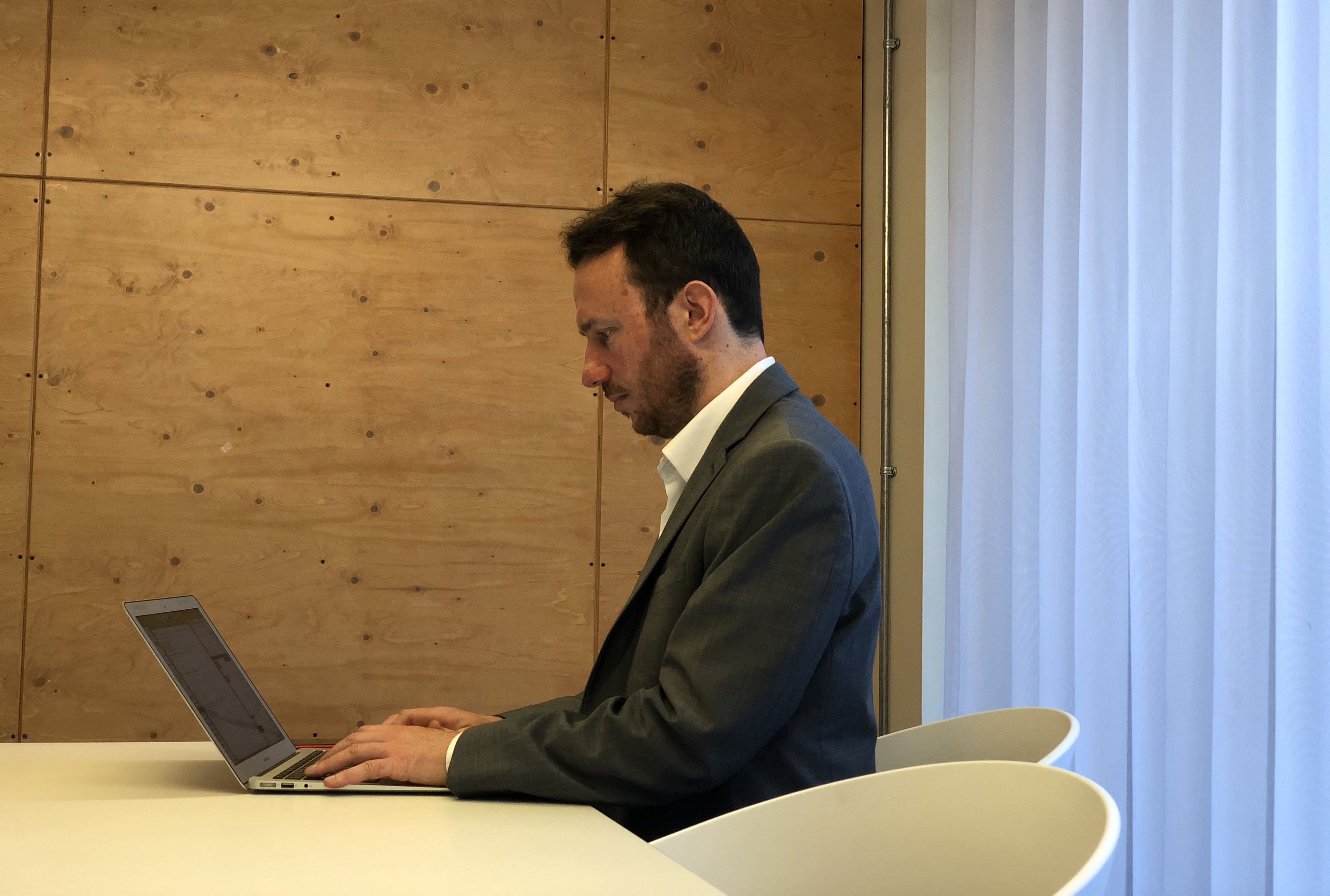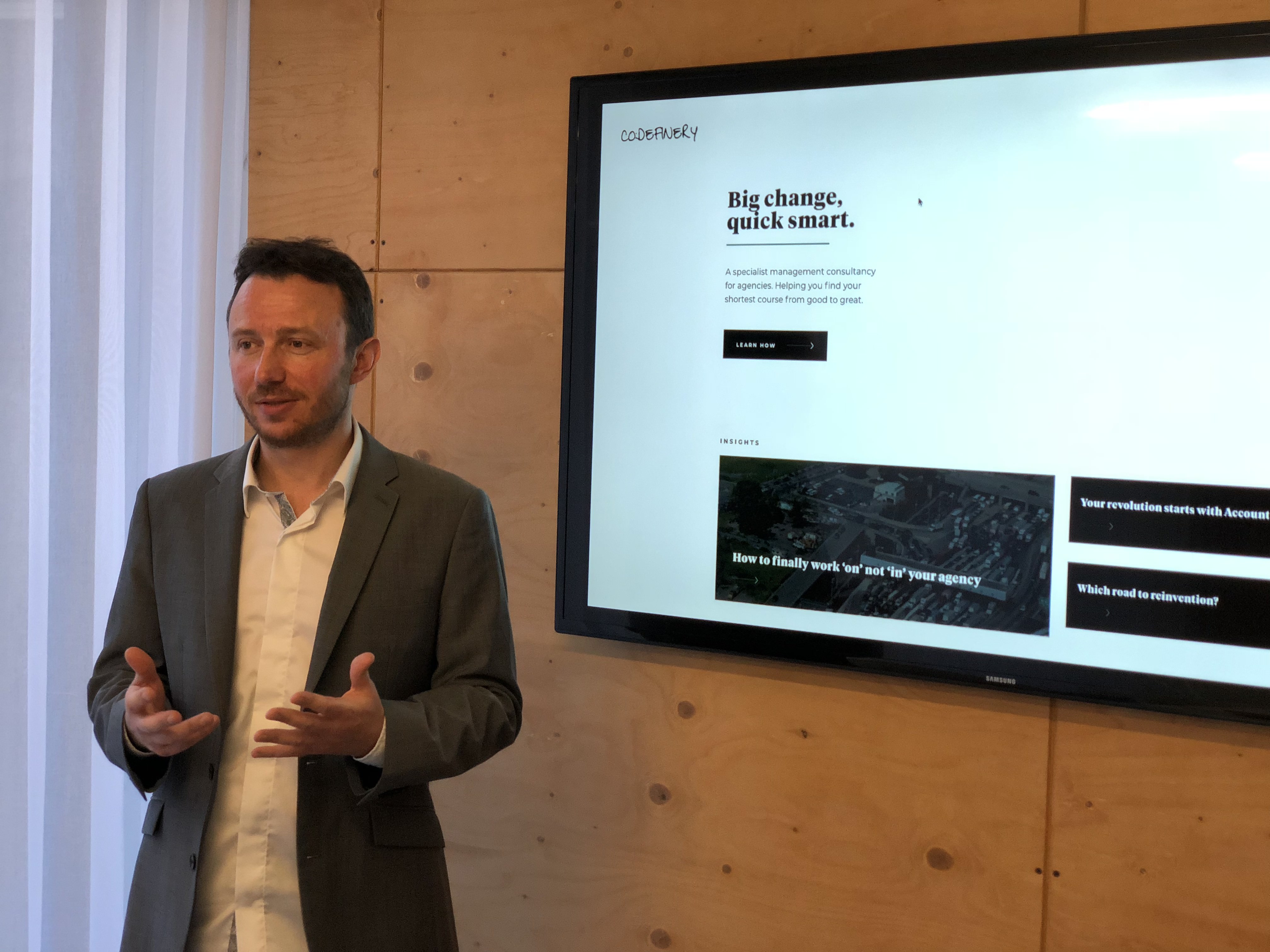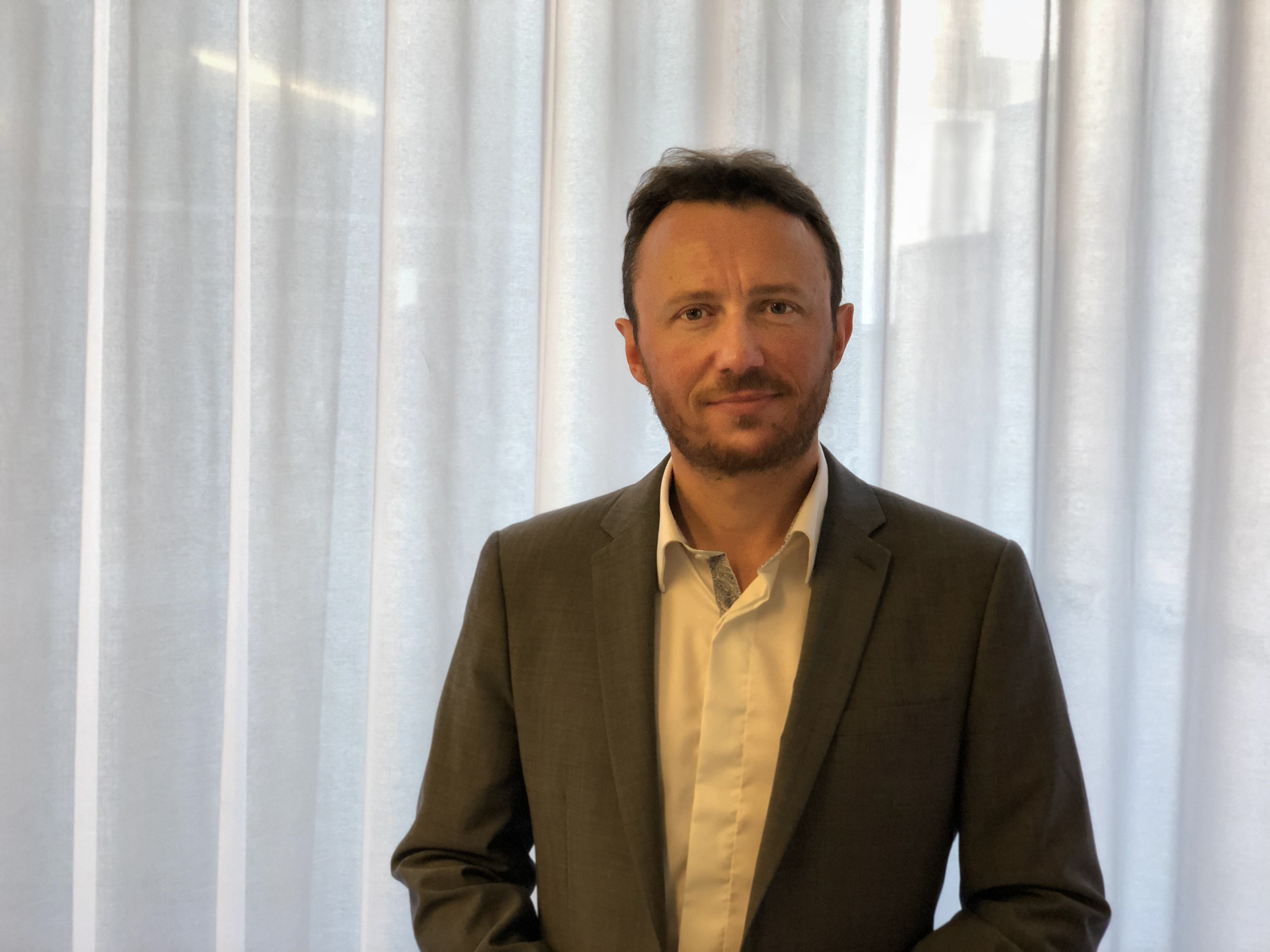We sat down with the Robin Bonn of Co:definery to chat about what he is seeing in the industry as well as the wider BIMA Community.
Who are you?
I’m Robin Bonn, the founder of Co:definery – a management consultancy for agencies. It’s about helping founders and chief executives find their shortest course from good to great. Fundamentally, I’m helping them leverage their expertise to improve profit. My clients are usually agencies that are doing okay but are ambitious to do better. They’re willing to be challenged in order to push for change.

A typical day in the life of Co:definery
My day involved consulting sprints, coaching and mentoring. It’s about defining change and then making it stick.
The consulting often explores the agency’s ideal destination, then picks off the hurdles to getting them there. We usually only spend a few days together, just enough time for an external perspective to make a tangible difference.
Workshops are generally full or half-days with senior teams. I find them really energising, interesting and challenging as the nuances and politics differ so drastically. No two conversations are ever the same.
There’s an intimacy too. Especially for founders, their business is much more than a job. Of course we talk about standout, growth and profit, as well as building teams, exits and their legacies, but my clients also often refer to their personal lives – from kids’ school fees and retirement, to making family members proud. Rarely does a week go by without someone apologising for what they perceive as oversharing, or saying “sorry it must feel like you’re my psychiatrist”!
I place a lot of importance on practicing what I preach. Using approaches and principles that are often quite challenging shows my clients that they work. It keeps me moving forward too. I never wanted to be that consultant who trades on the past, like “this is what used to work when I was at Omnicom” or wherever.
Being in control of my priorities is also a big part of my day. The concept of ‘work/life balance’ isn’t helpful. It’s not a set of scales that you can borrow from one to offset the other. Happiness at home makes me more useful for clients. Being a small business helps, but founders and CEOs can absolutely build these freedoms into their agencies.
Where do you think this shift has happened where we are more open to discussing these emotional drivers in our work, is it cultural?
Obviously I’m coming from a slightly skewed perspective. My clients tend to be more progressive on what success looks like, so they naturally open-up these conversations. But I do think there’s more talk in agency-land than ever before on how things need to shift. Scale for scale’s sake is really starting to be questioned. As are working practices. I think what LAB are doing with their four-day week is a great reflection of the progressive path the industry is going down. More power to them and others who are willing to think differently.

What are agencies facing in 2019?
Most people recognise the main market challenges – from oversupply and in-housing, to increasing project work and consultancies moving into the agency space.
But what I think often gets missed is how much the client is changing. Obviously they’re under more pressure than ever before, but this has changed how they buy.
Clients used to select an agency based largely on a pitch, but now they’re deciding on a much broader, holistic basis; exploring not just what an agency says, but also what it believes and how it demonstrates expertise across how it’s structured, processes, how it prices, who it hires and so on. That creates a big opportunity for good agencies to get upstream and get ahead.
What drives you?
It’s all about impact. A huge joy of being a consultant is only getting hired when people are ready to change things. One of the frustrations I had in my agency career (especially in big agencies) is that ideas would disappear off into the ether and then maybe six months later, you might hear that someone in New York or wherever did or didn’t like it.
Consulting with CEOs and founders is so much more direct. I’m not distracted by a day job, so that ensures they stay focused. A good consultant can do more in a week that I could in six months as an agency employee. You only get brought in when there’s real intent to change things and everyone you need is in the room.

How has BIMA made an impact with what you do?
It’s interesting as I have various experiences of BIMA over the last 10 years. At the start of that journey, I worked for Justin Cooke, who was President of BIMA at the time. His passion and energy for BIMA really set the tone.
What made and still makes BIMA stand out is a quality that most trade bodies like to claim, but not all of them can live up to, which is “community”. I’ve formed amazing relationships through BIMA.
Having been an agency person when I first got involved, to now being a consultant, BIMA has stayed relevant to me. Now that other members have also become my target audience, BIMA does a great job of giving me a platform to add value – rather than me having to shark around at events, shoving business cards into people’s hands! The more I put in, for example being on a BIMA Council, the more they help me get out – which is how it should be.
Check out the Co:definery homepage for more info